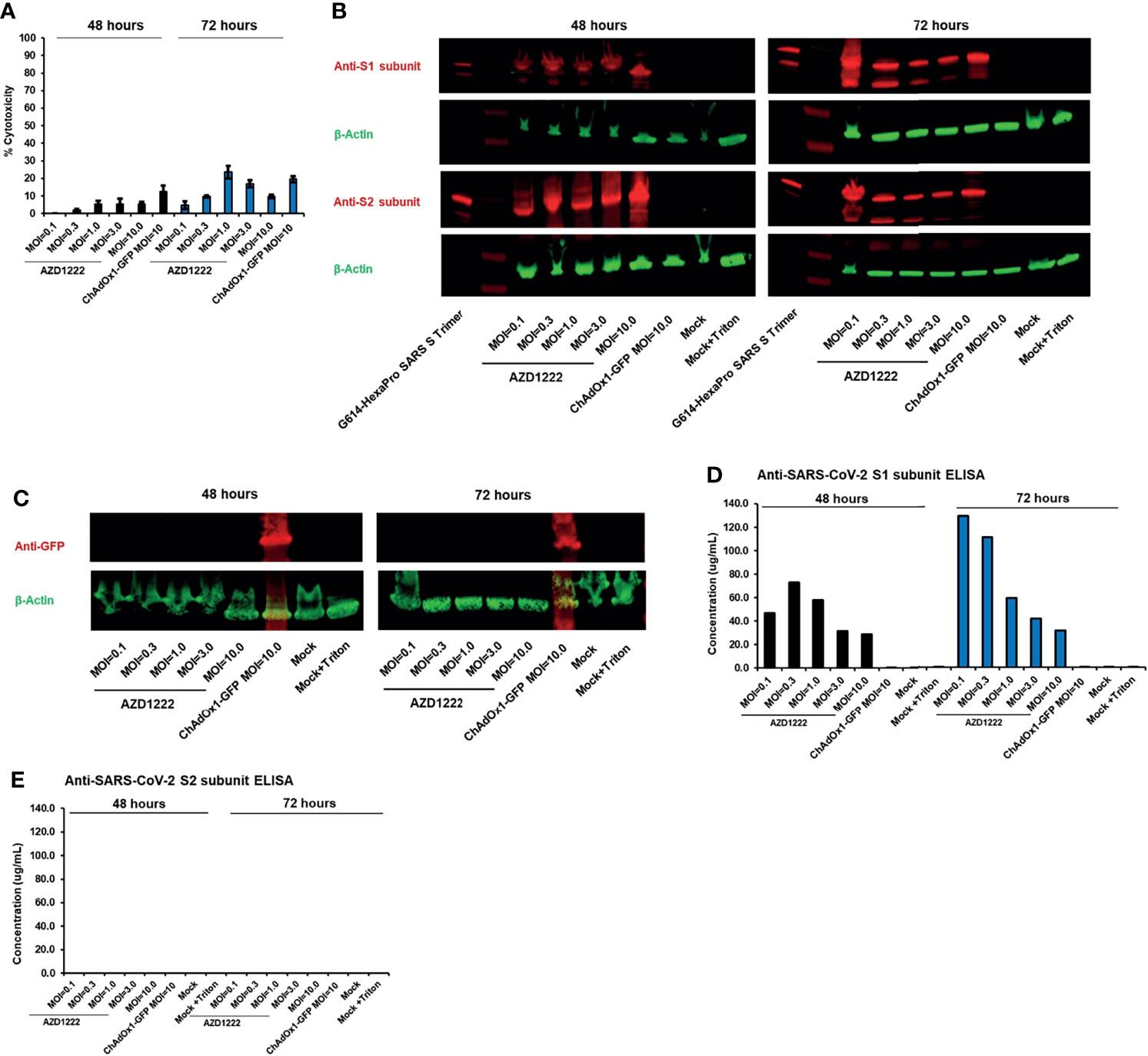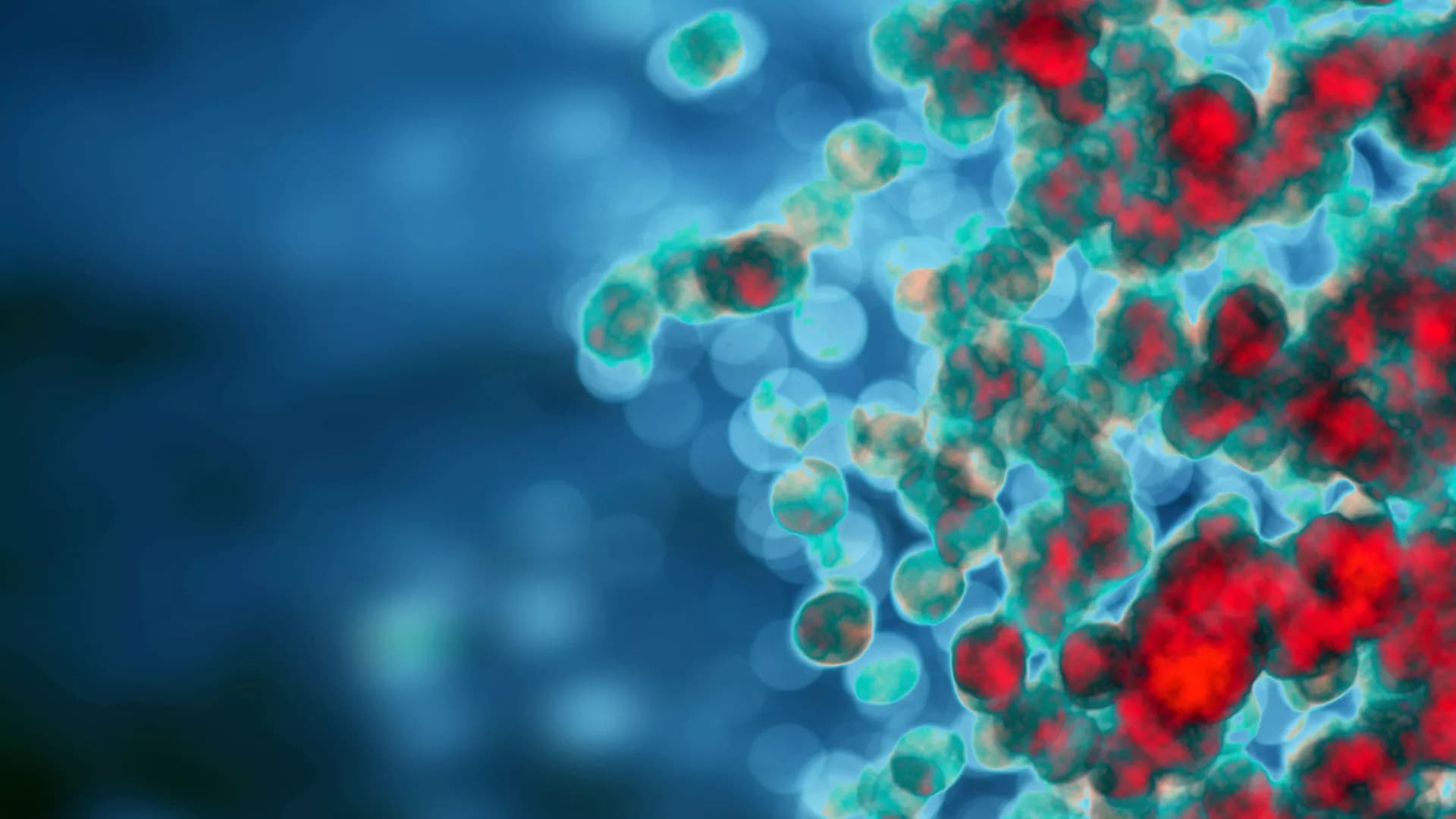The kinetics of vaccine-induced immune responses may be influenced by the type of vaccine antigen (live attenuated, inactivated, vectored, mRNA, DNA, protein), dose, and adjuvant. While a rapid vaccine response is often desired, for example in a pandemic, it may not always be preferable for other scenarios. Studies suggest that certain vaccine platforms or immunization strategies can sustain antigen delivery, possibly providing higher-magnitude responses in the long term. Vaccine delivery and the kinetics of antigen transport may also influence the breadth and phenotype of B and T cell responses and could affect the optimal time to perform booster immunizations.
This article collection aims to bring together the latest developments and opinions relating to the kinetics of vaccine-induced responses, including comparisons of different vaccine platforms, immunization regimens, or administration routes. Furthermore, the collection welcomes novel strategies to provide increased magnitude or breadth of immune responses and/or protective efficacy and studies investigating the optimal time to boost both for licensed and exploratory vaccines.
This Research Topic will give a comprehensive overview of how vaccine delivery affects the kinetics of adaptive immune responses with particular emphasis on vaccine platforms and adjuvants as well as immunization strategies.
We welcome the submission of Original Research, Reviews, Mini Reviews, and Perspective articles. We welcome submissions covering, but not limited to, the following sub-topics:
• Vaccine comparisons focusing on the kinetics of immune responses
• Studies investigating the optimal time point to perform booster immunizations
• Studies investigating how the kinetics of immune responses affect affinity maturation or breadth of immune responses
• How heterologous prime-boost strategies may affect magnitude and breadth of immune responses
• Alternative delivery strategies, e.g. focusing on sustained antigen delivery, targeting specific immune cell types, or different immunization routes
• Studies investigating how adjuvants may be used to steer kinetics of immune responses
The kinetics of vaccine-induced immune responses may be influenced by the type of vaccine antigen (live attenuated, inactivated, vectored, mRNA, DNA, protein), dose, and adjuvant. While a rapid vaccine response is often desired, for example in a pandemic, it may not always be preferable for other scenarios. Studies suggest that certain vaccine platforms or immunization strategies can sustain antigen delivery, possibly providing higher-magnitude responses in the long term. Vaccine delivery and the kinetics of antigen transport may also influence the breadth and phenotype of B and T cell responses and could affect the optimal time to perform booster immunizations.
This article collection aims to bring together the latest developments and opinions relating to the kinetics of vaccine-induced responses, including comparisons of different vaccine platforms, immunization regimens, or administration routes. Furthermore, the collection welcomes novel strategies to provide increased magnitude or breadth of immune responses and/or protective efficacy and studies investigating the optimal time to boost both for licensed and exploratory vaccines.
This Research Topic will give a comprehensive overview of how vaccine delivery affects the kinetics of adaptive immune responses with particular emphasis on vaccine platforms and adjuvants as well as immunization strategies.
We welcome the submission of Original Research, Reviews, Mini Reviews, and Perspective articles. We welcome submissions covering, but not limited to, the following sub-topics:
• Vaccine comparisons focusing on the kinetics of immune responses
• Studies investigating the optimal time point to perform booster immunizations
• Studies investigating how the kinetics of immune responses affect affinity maturation or breadth of immune responses
• How heterologous prime-boost strategies may affect magnitude and breadth of immune responses
• Alternative delivery strategies, e.g. focusing on sustained antigen delivery, targeting specific immune cell types, or different immunization routes
• Studies investigating how adjuvants may be used to steer kinetics of immune responses










